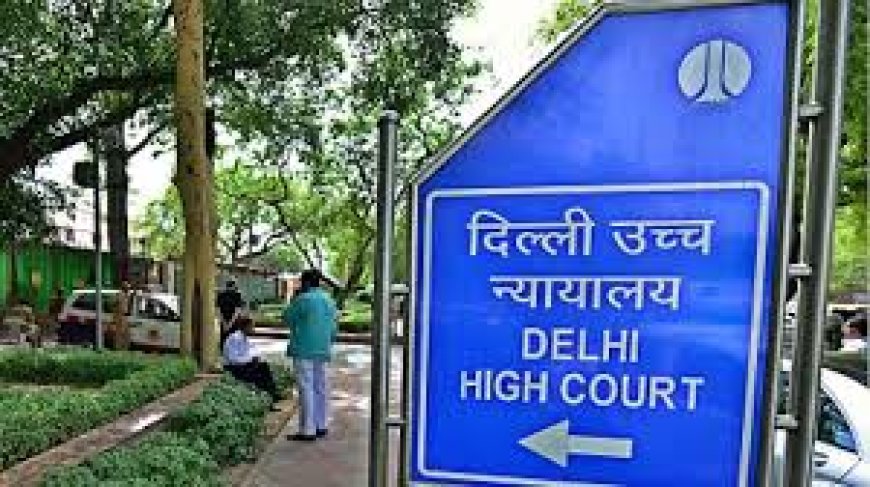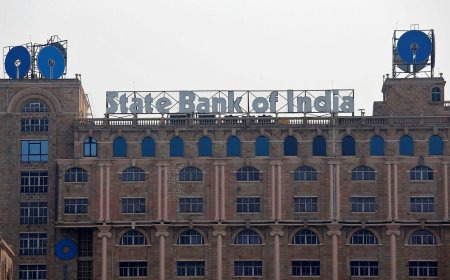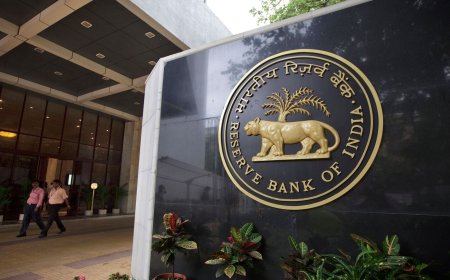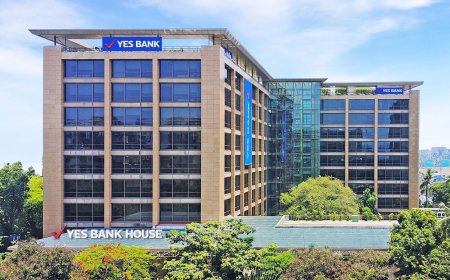Conduct indicates reformation’: Delhi High Court sets aside board's decision denying premature release to 1993 plane hijack convict
The Delhi High Court set aside the Sentence Review Board’s decision denying premature release to a 1993 plane hijack convict, citing his reformed conduct.

Delhi High Court Upholds Reformative Justice Principles
In a landmark judgment reinforcing the principle of reformative justice, the Delhi High Court has set aside a decision by the Sentence Review Board (SRB) that denied the premature release of a convict involved in the 1993 Indian Airlines flight hijacking. The High Court emphasized that the convict’s conduct during his incarceration clearly indicated reformation, and the denial of release appeared arbitrary and unjustified.
The case pertains to one of the convicts in the dramatic hijack of Indian Airlines Flight IC-427, which was commandeered by pro-Khalistan militants on April 10, 1993, en route from Srinagar to Delhi. The aircraft was eventually grounded at Amritsar, and the incident concluded without loss of life, but the hijackers were arrested and convicted under anti-terror laws.
Judicial Reasoning: 'No Material to Suggest Continued Threat'
A division bench comprising Justices Suresh Kumar Kait and Manoj Jain ruled that there was no valid basis for the SRB’s repeated denial of the convict’s request for premature release. The court observed:
“When the conduct of the prisoner in jail indicates clear signs of reformation, and there is no material suggesting he poses a present or future threat to society, continued incarceration defeats the very purpose of correctional jurisprudence.”
The court further noted that the convict had served over 30 years behind bars with an "exemplary" prison record and had undergone vocational training and educational programs, evidencing a genuine transformation.
Background: A Hijacking That Shook India
The 1993 hijacking was one of the most high-profile aviation incidents in Indian history at the time. The aircraft was seized by pro-Khalistan supporters demanding the release of imprisoned separatists. The crisis ended after security agencies managed to resolve the situation without casualties, and the perpetrators were arrested and convicted under stringent provisions of the Indian Penal Code and the Terrorist and Disruptive Activities (Prevention) Act (TADA).
The convict, whose name is being withheld to respect privacy laws post-reformation, had consistently applied for premature release under guidelines that allow for early release based on good conduct, completion of a minimum sentence term, and no adverse reports from prison or intelligence agencies.
Sentence Review Board Under Scrutiny
The High Court took critical note of the SRB’s opaque reasoning. Although the Board cited "national security concerns," the court pointed out that no recent intelligence inputs or specific threat assessments were presented to justify the claim.
Legal analyst Shalini Mehra commented:
“This ruling challenges the mechanical nature of parole and remission denials. It reminds authorities that justice does not end at sentencing—rehabilitation is integral to the legal process.”
The judgment is also expected to lead to greater transparency and accountability in how boards assess such sensitive cases, particularly those with a historical or political context.
Constitutional and Legal Implications
Legal experts underscore that this judgment reaffirms the right to fair and timely consideration of remission or parole requests, even for convicts involved in serious crimes.
Senior Advocate Vikas Puri observed:
“The court has drawn a clear line between the gravity of the original crime and the convict’s present behavior. It’s a bold stance that upholds the constitutional promise of reform and dignity.”
The decision may influence the government and prison boards to revisit policies and criteria for early release, especially in long-term cases where convicts have demonstrably changed.
Investor Outlook: Stability in Judiciary Enhances Confidence
While the case is legal in nature, it has broader implications for investor sentiment in India. A judiciary that consistently upholds fairness and due process strengthens the rule of law, which in turn boosts investor confidence.
A global investor report by Morgan Street Partners noted:
“India's legal reforms and judicial efficiency are increasingly being viewed as a soft indicator of economic governance. Cases like this improve the perception of institutional integrity.”
Markets did not react directly to the ruling, but continued positive signals from the judiciary contribute to India’s long-term sovereign and governance outlook.
Looking Ahead: Towards a Humane Justice System
The judgment adds momentum to an evolving legal narrative in India that favors rehabilitation over retribution. It is likely to have ripple effects on other pending cases of premature release, particularly for convicts who have served lengthy sentences and exhibit transformed behavior.
The Delhi High Court’s intervention not only delivers justice to a specific individual but also rekindles debate on the future of correctional policies in India.
As the legal fraternity and civil society continue to engage with the complexities of justice, this ruling stands as a powerful endorsement of the belief that even those who have erred gravely may reform—and deserve a second chance.
What's Your Reaction?
 Like
0
Like
0
 Dislike
0
Dislike
0
 Love
0
Love
0
 Funny
0
Funny
0
 Angry
0
Angry
0
 Sad
0
Sad
0
 Wow
0
Wow
0












































































